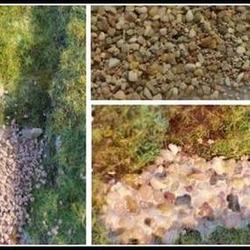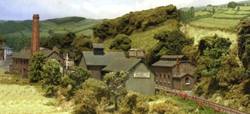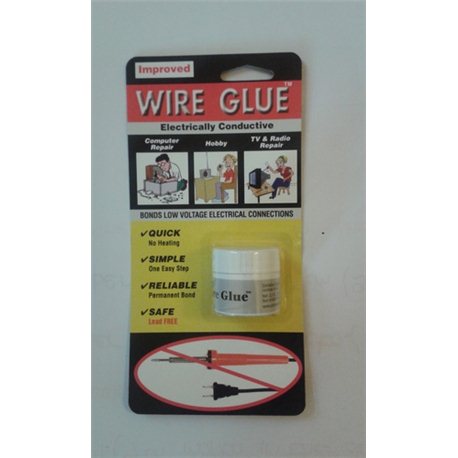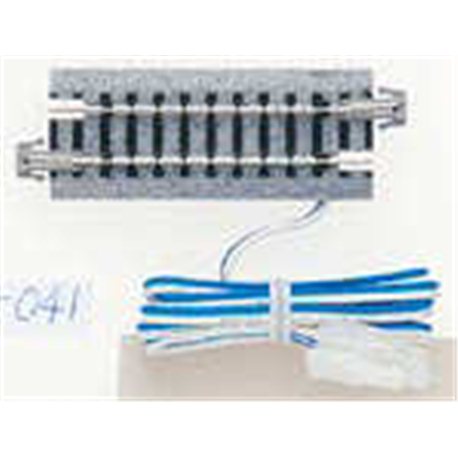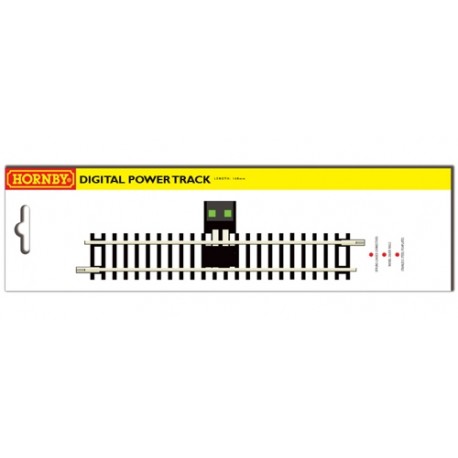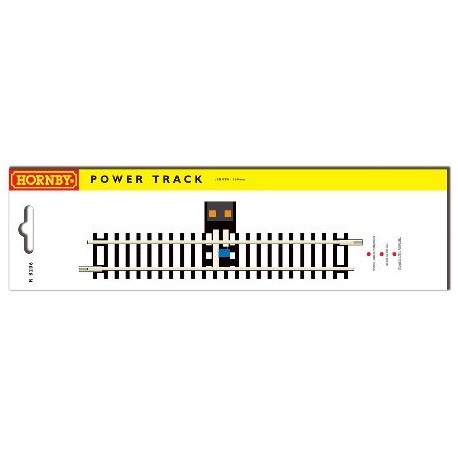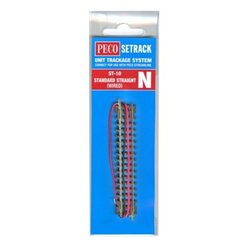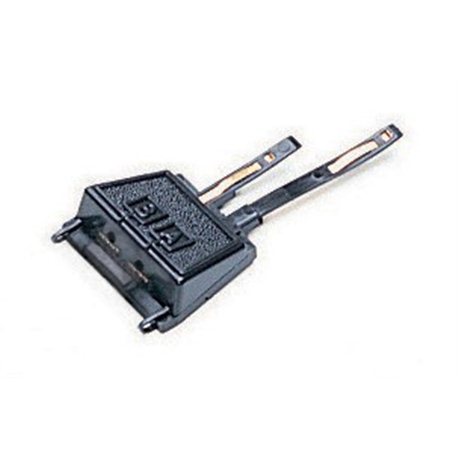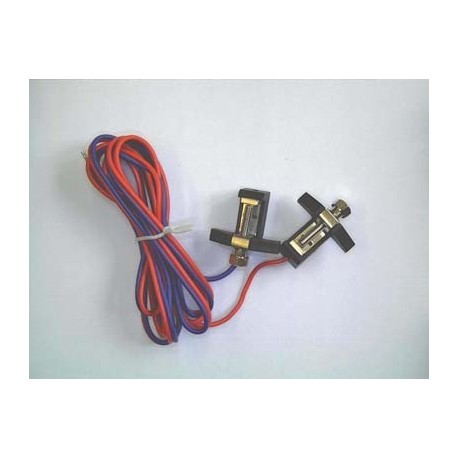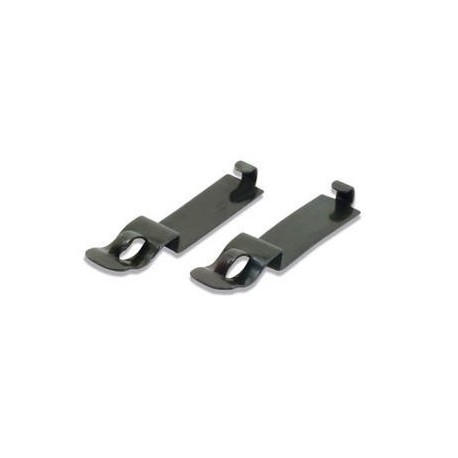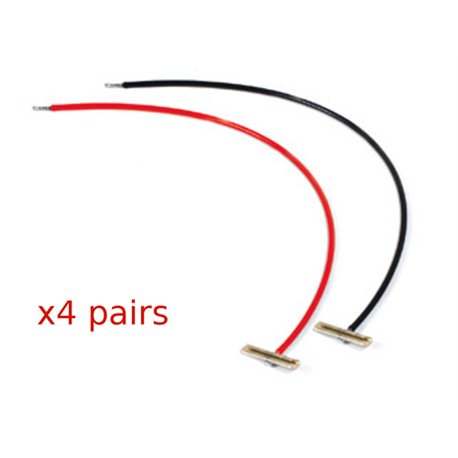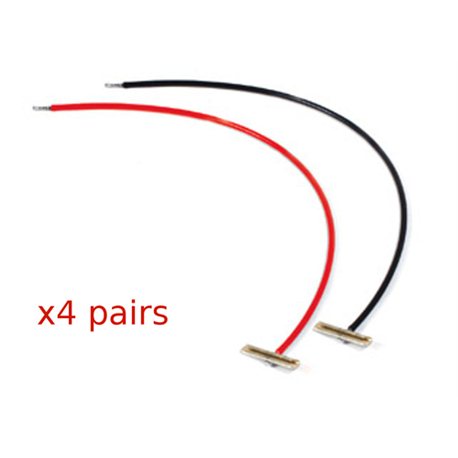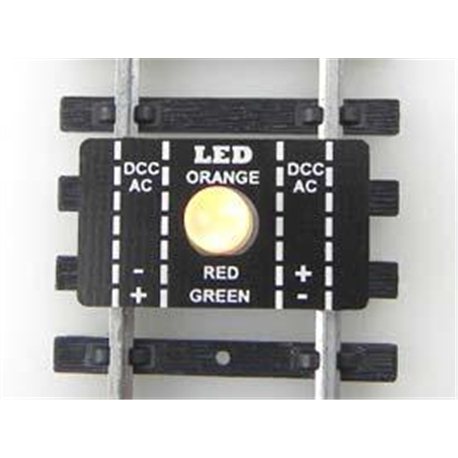Hello,
Before we delve into the main subject for this week, we would like to mention a few articles we have posted on our Facebook page lately. Click on any link or picture for full details.
- First, a great and extensive article on how to do scenic layering. This is full of images and plenty of explanation. Well worth a look and a read if you want to improve your hills, fields and other scenic aspects.
- Second, there are a couple of articles on Hornby: appointment of a new CEO and the list of items that have been withdrawn from production this year. If you have ordered some of those, you will not see them.
- Third, we have posted details and pictures of a wonderful layout in N gauge. If you are in need of inspiration, this is one to see.
As usual, we welcome your feedback and pictures. Send us pictures of your layout or models and we will share them (if you are happy for us to do so) with other modellers. This is a great way to learn.
Now, onto our main subject for the week.
Most model railway are powered using electricity. Power comes from the wall, goes through a black box to be converted to something less dangerous and then to the controller where you can tell it what to do: go this way or that way and be this strong or that weak. This is magic but based on experience we know that there are a few things you can do to make sure the magic works every time.
Power goes from your controller to the track. Traditionally, you would solder power feeds on both sides of the track however soldering is not for everyone. Obviously a good alternative to soldering is Wire Glue. This is basically made of micro-carbon in suspension. You apply it with a brush or cocktail stick and let it dry. This will leave a bead of carbon, highly conductive. Neat, nice and easy way to connect wires to the track (and also suitable to add lights to card or plastic kits without fear of melting or burning them).
Click on any picture below for full details.
What if you do not want wires to be permanently attached to your track? There a few alternatives. The first one is to use a power track. In OO gauge, they come in two flavours courtesy of Hornby: digital and standard. If you are on DCC, you must use the digital one. If you are on analogue, either one will work but the standard one will work better. In case you are wondering what the difference is apart from the colour of the little bits on top of the track, the standard (analogue) version contains a capacitor that ensures continuity in case of power fluctuations. With DCC, the capacitor will interfere with the signal and as such must be removed.
If you are using N gauge, there are power track from Kato for their track system only and from Peco suitable for Peco and Bachmann track.
Rather than using a power track, you can use power clips. They are available in OO gauge and N gauge and from various manufacturers. Peco power clips are slightly less intrusive than those from Hornby. They are also available in G scale for garden railways. Power clips give you the flexibility to set up your power feed exactly where you want to.
A modern alternative to the above is to use already soldered power feed joiners.
Basically they are fishplates on which wires have been soldered. No
soldering to do and a perfect result. They are available in OO, N and also Finescale OO. Once again, they give you full flexibility as to where you power the track.
Finally, when you have fitted your power clips, power tracks and power joiners, do not forget to check the track all over using a track tester.
This nifty will display a light showing you whether there is the right
voltage on your track. It is compatible with N gauge and OO gauge and
works on analogue and DCC. If you realise there is not enough voltage on
a section of track, the answer is usually to simply add more power
feeds to that section.
Send us an email or give us a call to check availability or to reserve anything, whatever scale you model in. As usual, if we do not have in stock what you are looking for, we will order it for you and you will get it fast (usually within a week if the manufacturer has it in stock). We place weekly orders with most suppliers.
Remember, you can park for free for one hour on the High Street. So no excuse not to come and visit us!
Upstairs Downstairs is open Tuesday to Saturday 10am till 4.30pm, Sunday from 1pm till 4pm. We are closed only on Monday.
Carole & Max
--
Upstairs Downstairs
3 Pier Street
Sandown, PO36 8JR
Isle of Wight
Tel: 01983 406 616
http://www.trainshop.co.uk or find us on Facebook
Please forward this newsletter to your friends! They will thank you for it! Simply click here.
If for some reason you do not want to receive this newsletter anymore, click this link to unsubscribe.
